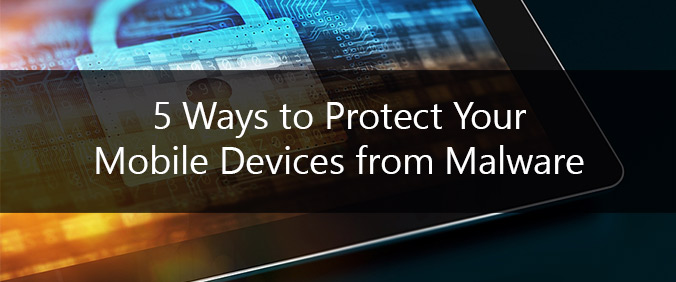
The Legendary Cost of Legacy Equipment
Let’s face it – technological innovation happens at light speed and most new hardware products are only “new” for a few short months. Conversely, outdated (legacy) equipment can severely threaten the integrity of your network. So, what is the most balanced approach to replacing legacy equipment? Why should any company invest in what might be considered obsolete next year? Why not simply keep the equipment you have now?
Legacy Equipment Shortfalls
Though it seems cost-effective in the short-term, continuing to use outdated hardware poses serious risks to the security of your business and its data. A few of these risks include:
- Increased security threats and vulnerabilities: Older computers tend to have less memory than newer models which means that memory-hogging malware will have a larger impact. Also, older computers aren’t usually able to run the most up-to-date security software – leaving them more vulnerable to cyber attacks.
- Hard drive failures and catastrophic data loss: Like all things, hardware wears over time and the equipment can fail if not properly maintained. This is especially true for older computers. Older computers run the risk of failing more frequently than newer models – losing data in the process.
- Loss of employee productivity, business efficiency, and overall competitiveness: Older hardware simply isn’t built to work with current software. In order for software to run properly, the hardware it runs on must meet certain requirements such as RAM or hard drive space and processing speed. Unless the hardware is altered to meet these specifications your business won’t be able to run the most current software efficiently – killing both your company efficiency and competitiveness.
Purchasing new technology might appear to be a steep business expense; however, regularly upgrading your company’s hardware provides a long-term return on investment. The pay-off comes in the form of improved security, fewer incidences of data loss, and increased productivity and efficiency.
Determine how frequently you need to be upgrading your legacy systems. It might even make sense to lease – rather than purchase – your equipment. If your small business needs technology support or if you have questions regarding the dangers of legacy equipment, we can help. All Phases IT is a Denver based managed IT services company dedicated to helping small businesses operate smoothly.
Contact All Phases IT today to speak with one our experienced IT consultants. We’ll evaluate your current hardware systems and determine whether or not it’s necessary to consider upgrading your equipment.of



